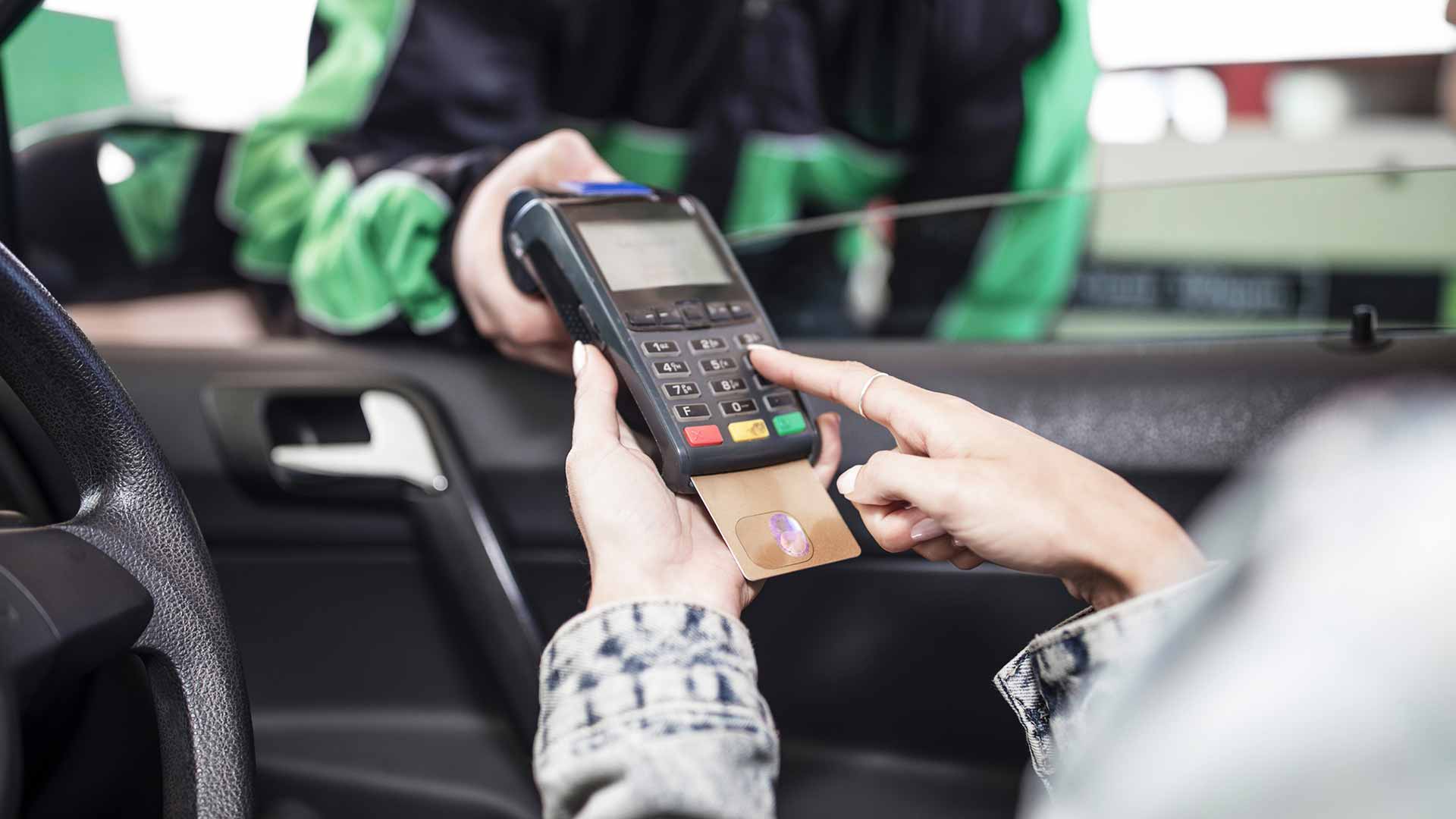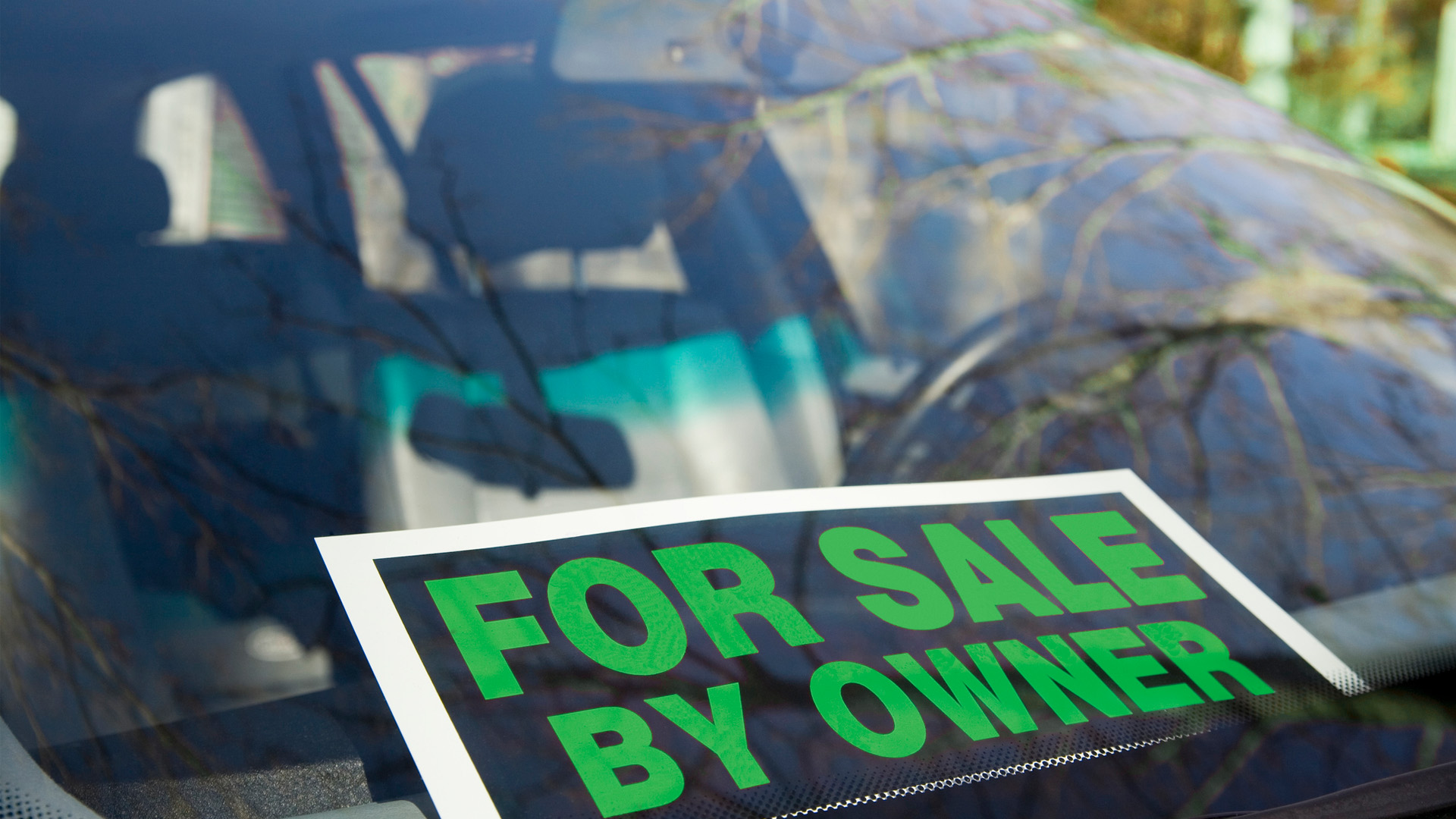Imagine this: You’ve landed a new job and you’re itching to buy a new car. You’ve already found the car of your dreams online and you’re ready to trade in your old vehicle. You head down to the dealership to see the car you want in person. It’s gorgeous, and a test drive confirms it’s everything you want.
The dealership assesses your trade-in, and you’re happy with the offer. You add that money to the deposit you’ve already saved up, so you can reduce the size of the loan you need from the bank. You then apply for a car loan from a registered vehicle finance provider.
You’ve done a bit of homework on car financing and you’ve already decided not to opt for a loan with a balloon (or residual) payment. This would reduce the payments you make over the term of the loan but leave you with a large lump sum to pay at the end.
Since you have a healthy deposit, the reduced loan you need makes payments affordable. You can also choose whether you want your car loan at a fixed or variable interest rate. But how do you decide?
What is a variable interest rate?
If you choose a variable interest rate, your monthly car payment will increase or decrease based on the South African Reserve Bank’s (SARB) prime lending rate and repo rate index. 94% of clients who take out loans from MFC, a division of Nedbank, opt for a variable interest rate.
If your new car is going to cost you R5,000 a month when you sign the contract, you’ll continue to pay R5,000 a month until SARB decides to raise or lower interest rates again. If interest rates rise, you’ll pay more per month according to the new rate.
On the flip side, if SARB decides to decrease the associated prime and repo rate, your vehicle financier will reduce your monthly repayments until interest rates shift again. If interest rates continue to fall, your loan repayments will keep decreasing, but of course the reverse is also true.
What is a fixed interest rate?
If you sign your vehicle finance contract with a fixed interest rate and your instalment is R5,000 a month, that’s the monthly amount you’ll pay for the duration of the loan. Whether SARB moves prime interest rates or repo rates up or down, your financial commitment will stay the same for the full loan term.
MFC offers you the choice of a fixed or variable interest rate on your car loan
There are various factors that influence the interest rate you’ll be offered, whether fixed or variable. They include your credit record, the finance company’s lending policies, the amount you can put down as a deposit, and the loan term. Usually, a fixed-interest loan will be offered at a higher rate than a loan with a variable interest rate, but it depends on your credit rating.
Variable interest rates: The pros and cons
Pros
- If you choose a variable interest rate, your monthly loan repayments decrease when interest rates do.
- Lenders generally offer a lower variable rate than a fixed rate on a loan, according to their lending policies.
- If interest rates fall for the duration of the loan, you will pay less for the car every month over the same loan term. If you continue paying what you were before the payment was reduced, you’ll pay off the loan faster and save more on interest.
Cons
- If SARB raises the prime and repo rates, you’ll pay more on your loan every month.
- A shift in the economy might cause several SARB interest rate hikes, driving variable interest rates up rapidly and leading to regular increases in your monthly repayment.
- If your original payment was close to the limit of what you can spend on your car every month and interest rates rise, you might not be able to afford the higher instalments. You would then be faced with an uncomfortable budget choice: either sell the car to buy a more affordable vehicle, or find other budget items to cut, so you can afford the higher loan payments.
Fixed interest rates: The pros and cons
Pros
- You know what you’re getting into from the start – you’ll pay the same amount every month, even though your monthly car payment might be higher than the one you were offered at a variable rate.
- You can budget confidently, knowing that you’re not going to be paying more for the vehicle if the economy slumps and interest rates start increasing.
- No matter how high interest rates rise, your payments will never change. They will remain affordable and lower your risk of negative impacts on your budget or, in a worst-case scenario, repossession.
Cons
- You won’t benefit from any monthly cost savings if the prime interest and repo rates are reduced.
- Fixed interest rates are usually higher than the initial variable interest rate offered on the same loan.
Pick the interest rate that you are most comfortable with
If you’re comfortable with a monthly instalment that shifts as the economy changes, a variable interest rate can work for you. However, if you want the security of knowing that your monthly payment won’t increase when the economy is under pressure, a fixed interest rate will suit you better.
MFC offers you the choice of a fixed or variable interest rate on your car loan. You can use this car repayment calculator to see how different interest rates could affect your monthly car repayments before you decide.
Did you know that if you take out MFC vehicle finance and open a Nedbank Savvy Plus or Savvy Bundle Account, you can get R200 a month cash back for the duration of your loan? For an affordable car loan tailored to your circumstances and value-added extras like cash back, choose the bank that’s best for your money







